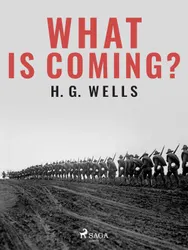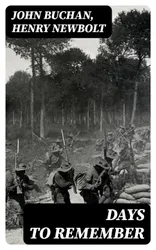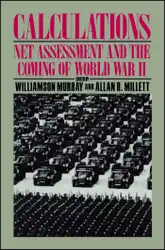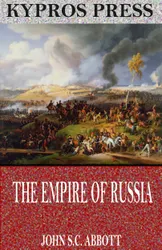When the old Chicago cut loose from her moorings in an Atlantic port it was a red letter day for me. She was a good sized craft, of the French Line, and was to carry a lot of other Ameri-cans, besides myself, from the United States to France. We were all in a spirit of expectancy, mingled perhaps with sadness, for we were going over to see and have a hand in the most stu-pendous event of history, the Great War. Although many dif-ferent motives actuated us, our destination was the same, and all of us would soon be within striking distance of the scene of action. Some of those on board were going primarily from a sense of duty and gratitude to the great European Republic, whose men had come over here in '76 to help America kick off the chains which George III had welded on her ankles, and secondarily, because they wanted to kill a few of the Germans whom they right well hated.
Others were going, and made no bones about saying so, be-cause they were natural born soldiers of fortune and were in-clined to go anywhere that action and excitement were likely to be found. A few were to be mere onlookers who were crossing the sea as students of a great world movement, who, from an economic or social point of view, would tabulate in a cold and matter-of-course way, the facts which they observed and the conclusions to which they came.
I belonged to neither of these classes. I was an innocent ide-alist, though soon, alas, to be disillusioned. I had resigned a comfortable pastorate in order to go over and, as I conceived of it, relieve the pain and soothe the fevered brow of those who were in suffering, irrespective of whether they were Allies or Germans, and thus help usher in a world Utopia.
I had always taken myself rather too seriously at home, and thought I was a broad-visioned person whose universality of mind elevated me to a position where I could see beyond pro-vincial boundary lines, and overlook such things as race and creed and national ideals, thinking of all men as made in the image of God, and all destined for one great goal which was the Brotherhood of Man, where all would be happy, and each would deal justly and kindly with his neighbor.
It is a natural tendency, I suppose, of most ministers to be optimistic about the ultimate outcome of the human race, and I was one of this class. I had buttoned my long frock coat close about my collar and rubbed my hands in that familiar, good-natured way, saying that sometime national prejudices would be wiped out and the people of the various countries would come to see each other's viewpoints, and then their differences would vanish away. I hadn't yet seen the German at his worst. The time would come, I thought, when all would fraternize as God intended that they should and this wicked rivalry and jealousy would cease.












